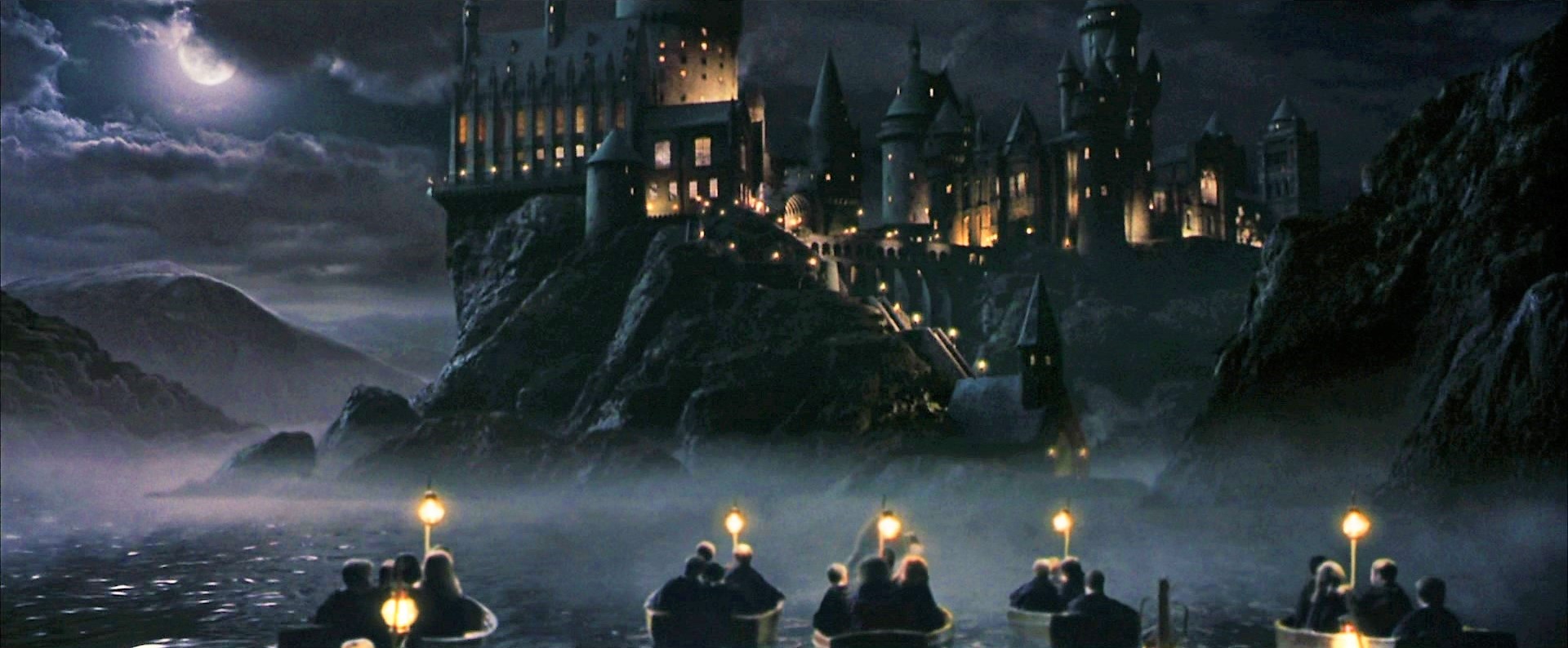I am so VERY excited we will finally discuss Harry Potter in
class. This is one of my most favorite series. I love the books as well as the
movies. I haven’t delved any deeper than that however. I haven’t played any
Harry Potter video games, read or interacted with Potter fandoms, or anything
else. Most of my friends are Potter fans, with few finding a reason to dislike
it.
My friends who do not like Harry Potter usually fall into
one of two groups: those who do not like the fantasy genre and those who do not
popular fiction. The majority of people I encounter who do not like Harry
Potter are those that do not like popular fiction. By this I mean that they do
not like it because it is popular. I
feel these people thirst for individuality, a want to be different from the
mindless masses. I understand this need. I purposefully wanted to dislike the
BBC Sherlock show because it is so popular—especially with fangirls.
Personally, I don’t want to be identified as a fangirl. It is cataloged in my
brain as petty and superficial, two things I never want to be associated with.
Yet, with this class I have looked at fandom very
differently. Yes, there are still stupid, petty, superficial fans, but the
majority of fans (I’ve come across) are extremely intelligent and offer well
thought out ideas and criticisms. However, the stigma against fangirls still exists
in my head. Picturing fangirls I see crowds of crying, screaming girls with
signs that say things like “I want to have your baby!” and “have sex with me!”

I find this sad…but intriguing. I mean if you look, I mean
really look at the main characters Daniel Radcliffe (Harry Potter) and Rupert
Grint (Ron Weasley) they aren’t the greatest looking. (Though Emma Watson is a super-hot-hottie)
But hordes of girls want them simply because of the characters they portray.
Why is this a common occurrence? Within any popular fiction?

Daniel Radcliffe http://www.walpapershddownload.com/wp-content/uploads/2014/04/daniel-radcliffe-wallpapers-9.jpg


I feel Harry Potter is popular for solid reasons. It is
first and foremost well written. It is easy
to read as well—making is accessible for more types of readers. The language is
simple, but it relies heavily on Latin, mythologies, and logic. It is a simple
story with smart under currents. The less educated audience is stimulated by
the story and the educated audience is stimulated by the attention to detail.
J.K. Rowling upholds the rules of magic and power words and stays true to the
historical Greek, Nordic, and Roman myths (and other’s I’m sure I’m unaware of).
The story itself is nothing new. But that is a benefit as
well. It is a known story of an underdog that saves the world. We’ve all heard
it before. But this is different enough to be new enough to the audience. Again
the detail is the key. It is an entire other world existing right under our
muggle noses. A world of magic and wonder that if only it were real we’d live
there in a heartbeat. (I know I would). Which is another reason for its
popularity. So many of us are dissatisfied with real life—fantasy is so much
more. Harry Potter’s world is popular because it seems so real to the fans.

Since the story starts off with an eleven-year-old boy it
makes it welcoming to children of both sexes. If it had been Harriet Potter
would boys have read it? I don’t think so. Because it is a boy, both girls and
boys read it. And the parent’s read it to their children too—another audience
readily made.
Another reason why I find it so popular is the mini problems
that arise in the novels. Underneath the main plot of trying to kill Voldemort,
we also have Harry Potter’s struggles growing up—making friends, asking a girl
out, losing friends, dealing with bullies, homework etc. These are problems that the audience
can understand and relate to. We’ve all had an impossible teacher that makes us
feel stupid and we think hates us. We’ve all lost close friends in a silly
fight. We need the big fight of good and evil for the novel, but the little everyday
struggles make Harry Potter’s world real, it makes it exist.